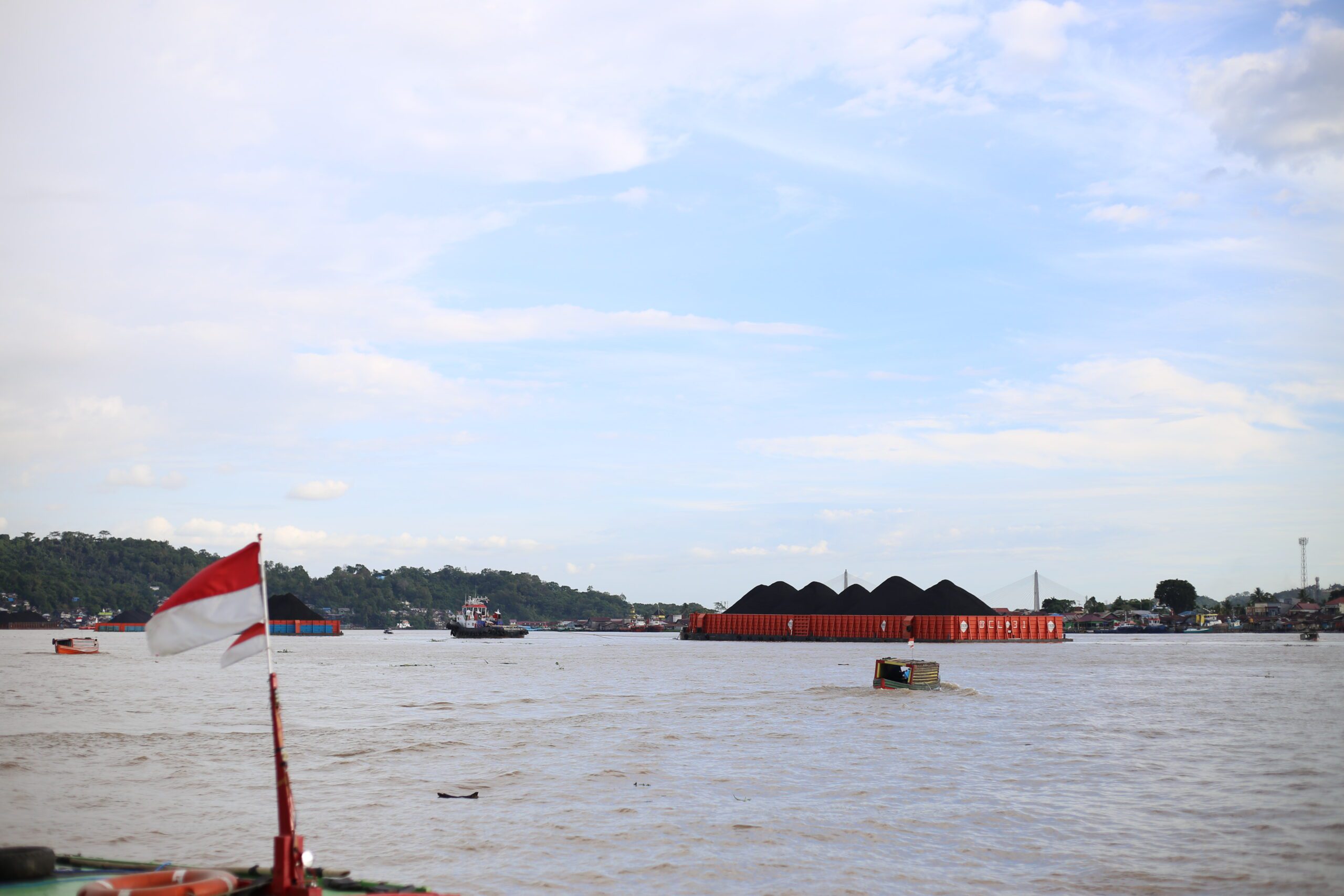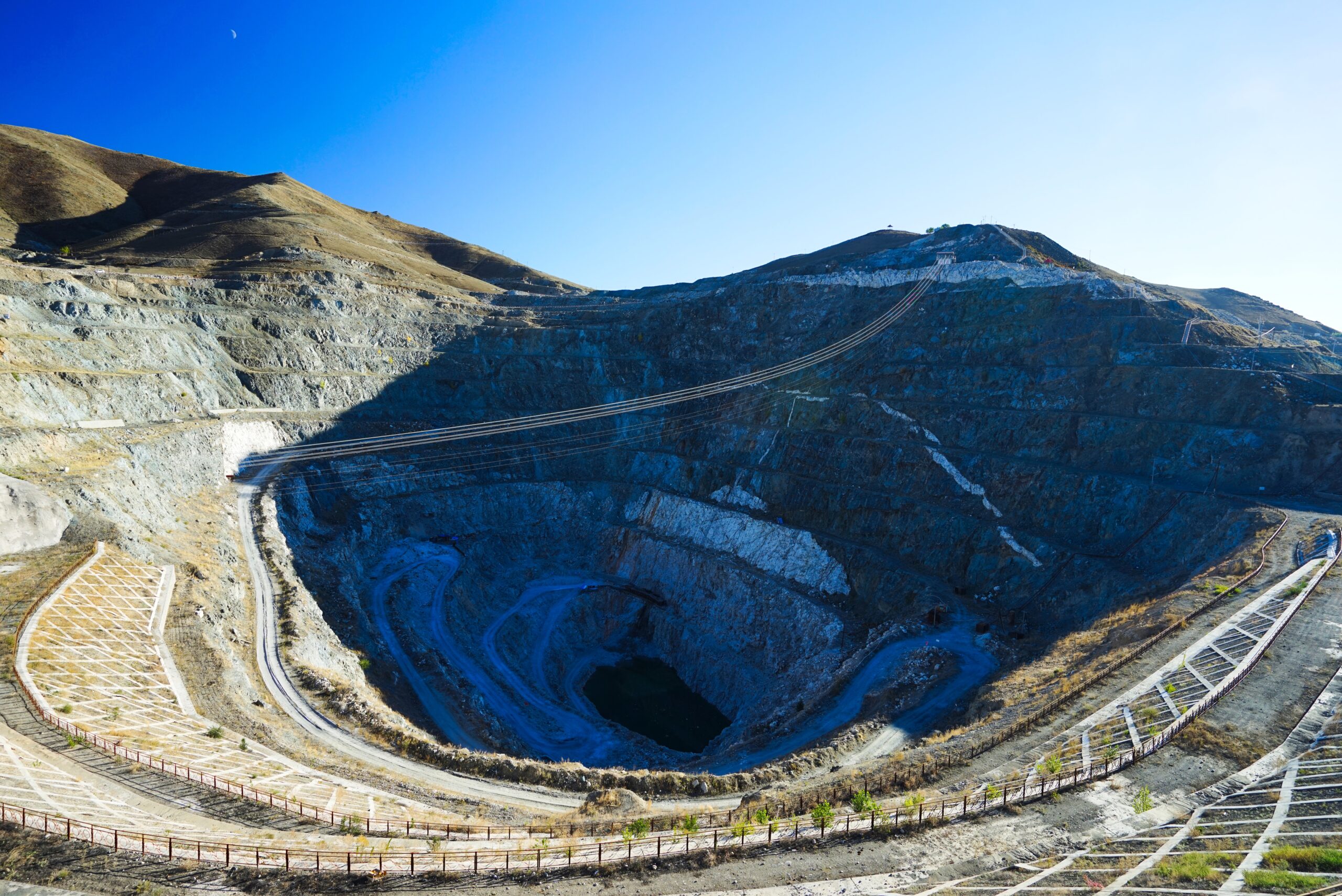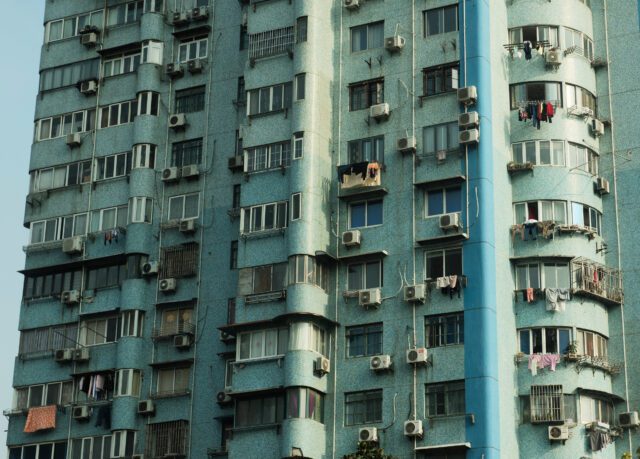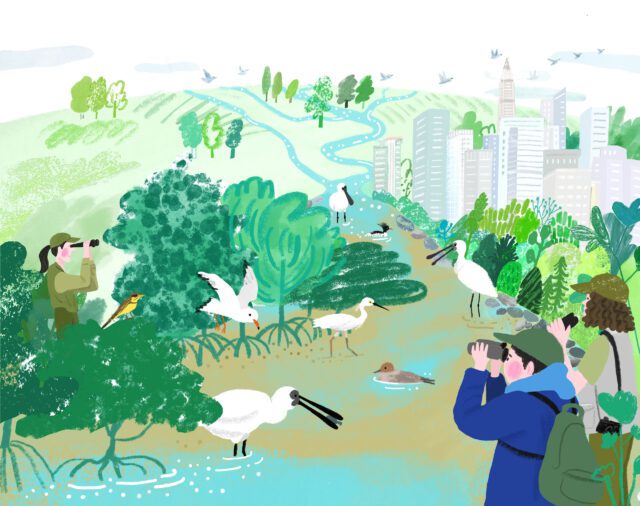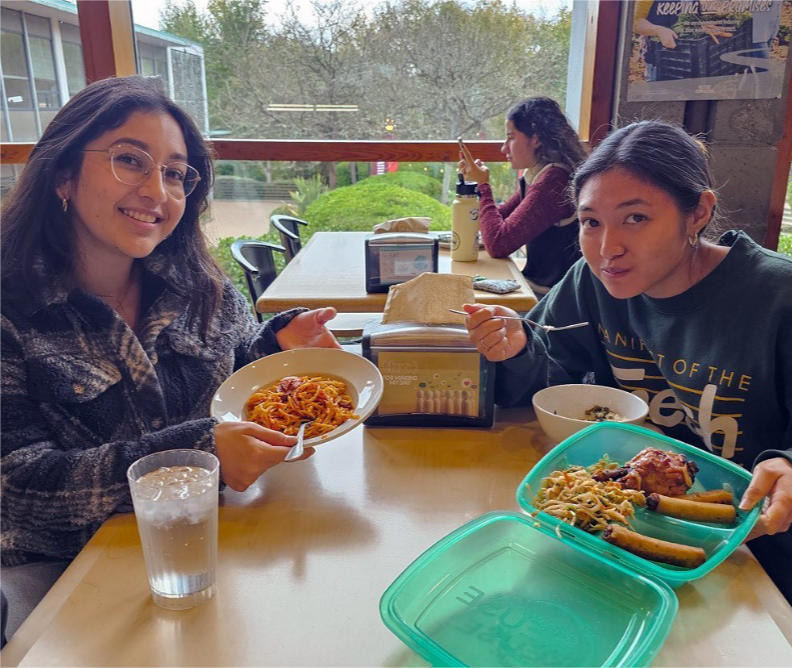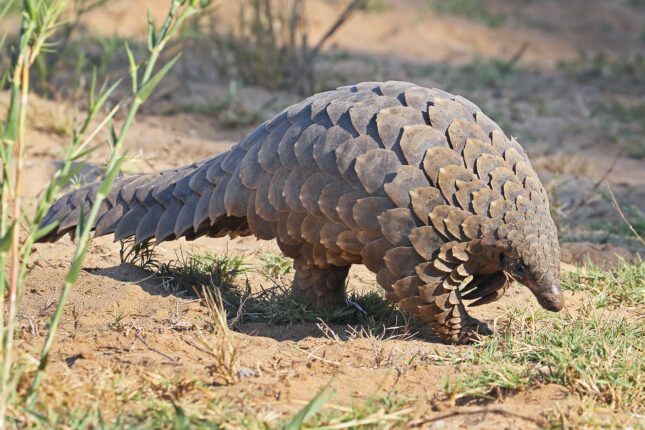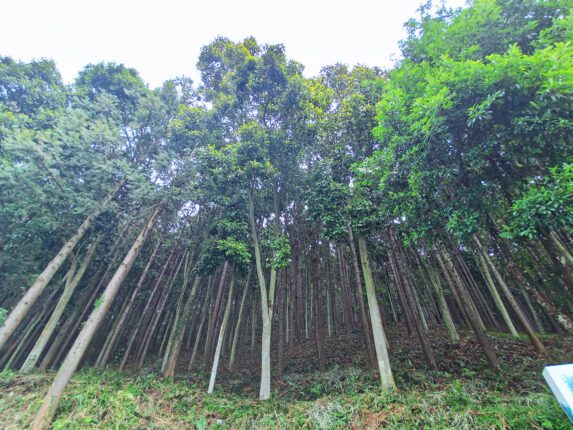-
Indonesia’s Just Energy Transition Must Not Just Be More of the Same
›China and the Global Energy Transition // China Environment Forum // Vulnerable Deltas // September 19, 2024 // By Jennifer NguyenWhile standing on the banks of the Mahakam River in Samarinda on the island of Borneo, I watched an unending parade of coal barges sail slowly down the river. I was here in East Kalimantan to give a presentation at the Vulnerable Deltas Workshop—a joint project of the East-West Center and the Wilson Center’s China Environment Forum.
-
Mine the Tech Gap: Why China’s Rare Earth Dominance Persists
›China and the Global Energy Transition // China Environment Forum // August 29, 2024 // By Nayan SethIn 2019, at the height of the trade war with the United States, Chinese President Xi Jinping visited a rare earth magnet factory in Jiangxi Province. At the time, the visit was interpreted as “muscle flexing” by China’s leader to remind Washington of its dependence on Beijing for the supply of rare earths. Rare earth elements (REEs) – a group of 17 critical metals – are indispensable components in military defense systems, consumer electronics and renewable energy technologies. Despite more than a decade of sustained efforts by Western countries and companies to loosen China’s grip, Beijing, by far remains the top player in the REE global mining, processing and refining sectors.
-
Cool Communities: Raising Awareness about Green Cooling in China
›Li Meini, a junior high school student in Beijing’s Tiantongyuan Community, was seeing more news about wildfires, floods and heat waves and couldn’t stop worrying about the safety of the local wildlife. “…Animals have nowhere to escape from wildfires and floods…their homes are destroyed in an instant. Humans have technology to reduce the impact of climate warming. I hope these technologies can also help wild animals better survive.”
-
How China’s most ‘Futuristic’ City Restored its Mangroves
›China Environment Forum // Guest Contributor // Vulnerable Deltas // July 11, 2024 // By Yingxin FengEach spring, as Shenzhen’s mangroves burst into life, the region becomes a prime spot for birdwatchers observing the endangered, black-faced spoonbill. Known as the giant panda of birds, this species winters in Shenzhen Bay from October to April, in preparation for its northbound migration. Shenzhen Bay, located in southern China and part of the Pearl River Delta expanding into Hong Kong, is a crucial stop-off point for migratory birds using the East Asian-Australasian flyway. The mangroves support over 200 species of birds and host 100,000 migratory birds each winter, drawing enthusiasts and scientists alike to witness these natural spectacles against the backdrop of one of China’s most bustling urban settings.
-
Reusable Food Packaging in US and China: Closing the Loop on Plastics in Closed Environments
›During the World Wildlife Fund’s Plastic Policy Summit in March in Washington D.C., I grabbed coffee in a white ceramic mug provided by the convention venue. Reusable mugs seemed unusual amid today’s prevalence of single-use cups, prompting me to reflect on how we have normalized single-use: I bought yogurt and soda in returnable bottles in Beijing; generations before us grew up with reuse. Why did we move away from it?
-
Tackling Food Waste in China’s Restaurants
›China Environment Forum // Cool Agriculture // Guest Contributor // May 2, 2024 // By Shiyang Li & Sam GrayBack in 2020, Shiyang Li at Rare visited restaurants across China to interview over 30 different owners and staff about the attitudes, beliefs, and everyday behaviors that contribute to food waste. Similar to global trends, food waste in China remains a significant challenge. A 2020 survey found restaurants in Chinese cities wasted at least 34 million tons of food every year, which can feed as many as 49 million people.
-
Green Collaboration: International NGOs and Chinese Partners Promoting Sustainable Overseas Investments
›China Environment Forum // Guest Contributor // Vulnerable Deltas // April 11, 2024 // By Elizabeth Planton, Wendy Leutert & Austin Strange
Around 8.5 million pangolins are estimated to have been trafficked from Africa between 2014 and 2021, with many ending up in China
In March 2019, the World Wide Fund for Nature (WWF) and China’s National Forestry and Grassland Administration co-hosted two workshops on reducing wildlife trafficking in Kenya and Botswana. These workshops, supported by the Chinese embassies in Nairobi and Gaborone, attracted over 200 Chinese nationals working for state-owned or private companies in the two countries. During the workshops, the international nongovernmental organizations (INGOs) and Chinese government officials expressed their shared goal of reducing the illegal trade of products from rare and endangered African species to China, one of the world’s largest markets for trafficked wildlife products.
-
Money Can Grow on Trees: Forestry Rights Reform for Decarbonization in China
›
High in the remote mountains of western Fujian Province, Changkou—part of Sanming Prefectural City—became the first village to launch a new forestry carbon ticket system in May 2021. Changkou farmers have long received little benefit in managing forests because of fragmented forest land, high investment risks, and limited ownership rights. To solve those problems, the Sanming Forestry Bureau issued tickets to forestry farmers, granting them the right to receive stocks on their plots of forests by cooperating with farms in a certain period. Meanwhile, the carbon tickets grant farmers the right to earn carbon emission credits for their land and trees.
Showing posts from category China.


